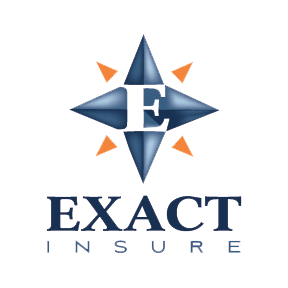13 Mar 8 Ways to Protect Your Business from Fraud
The following article is provided courtesy of Legal Shield and was edited for this blog. The original article can be viewed here.
As a small business owner you may be the target of a wide range of scams. You can avoid becoming a victim by training managers and staff to recognize the tactics and techniques commonly used by criminals. If you need an attorney to review something suspicious or you have been the victim of a scam call your LegalShield provider law firm. If you are not a Legal Shield member, contact us to learn more about their valuable services.
- Loan Scams – Loan scams promise extremely low interest business loans that will take your business to the next level. Scammers often claim to be venture capitalists from other countries. They may even research your business in advance to show you they are familiar with your company. The scammers will claim that you need to pay an initial application and wire transfer fees in order to process the loan. Once you pay these fees you will never hear from the scammer again and it will be nearly impossible to get your money back.

- Directory Listing – The directory listing scam has been around for many years. In most cases you will receive a cold call or an email claiming that you are missing many potential customers by not being listed in a certain directory. Aggressive scammers will often convince an employee to agree over the phone or by email to reserve a listing. Then you will receive a substantial bill for the directory-listing fee. If you attempt to dispute the charge the scammer will use recorded phone calls and email records to prove that you agreed to the listing fee.
- Fake Government Filings – A relatively new scam involves sending businesses official looking state or local business filing forms. The forms require details on shareholders and other financial information. They also require payment of filing fees directly to an official sounding company set up by the scammer. Make sure any state or local business fees you pay are legitimate by checking with your accountant or LegalShield provider law firm.
- Phony Invoices – Some scammers will send companies official looking, yet fraudulent invoices, for products or services which were never received. The scammers hope that companies will simply pay the fraudulent invoice. If they do, scammers will continue to bill on a regular basis. Make sure your record keeping system verifies the legitimacy of any invoices before payment is processed.
- URL Scam – URL scammers will send out fake notices claiming your Internet domain name (URL) is set to expire. They claim that if you do not make immediate payment you will lose the right to use the web address. In many case the scammers only ask for $100 or less and many companies simply pay the invoice because they do not understand the URL renewal process. Legitimate domain name renewal notices will likely come via email from your registration vendor. If you are unsure about the renewal process talk to your website developer or another IT professional.
- Charity Fraud – In many cases charity scams come in the form of direct calls. The scammer will try and reach a business owner or a manager. They will pose as a representative of a charity, often local law enforcement or firefighters. They will use high-pressure tactics to solicit payments for their “charity” calendar or other fundraiser. Do your homework before making any charitable contributions. Always make sure the organization and representative you are speaking with is legitimate.
- False Check Scam – Beware of Trojan Horse checks that look like refunds or payments. The fine print on these checks may make you liable for unintended monthly payments for services or products. Cashing the check may put you on the hook for exorbitant payments for unwanted business services. Always check the fine print on any unexpected checks. There is no such thing as free money.
- Rogue Employees – With the exception of a sole proprietorship, no single employee should have total control over a business’s finances. It is important to have checks and balances in place to make sure no single employee can skim money or alter checks. Talk to an outside accountant to make sure your accounting system is designed to monitor for internal fraud.
Did you find this post helpful? You may also like…
Eight Legal Tips to Prevent and Manage Credit Card Chargebacks







Sorry, the comment form is closed at this time.